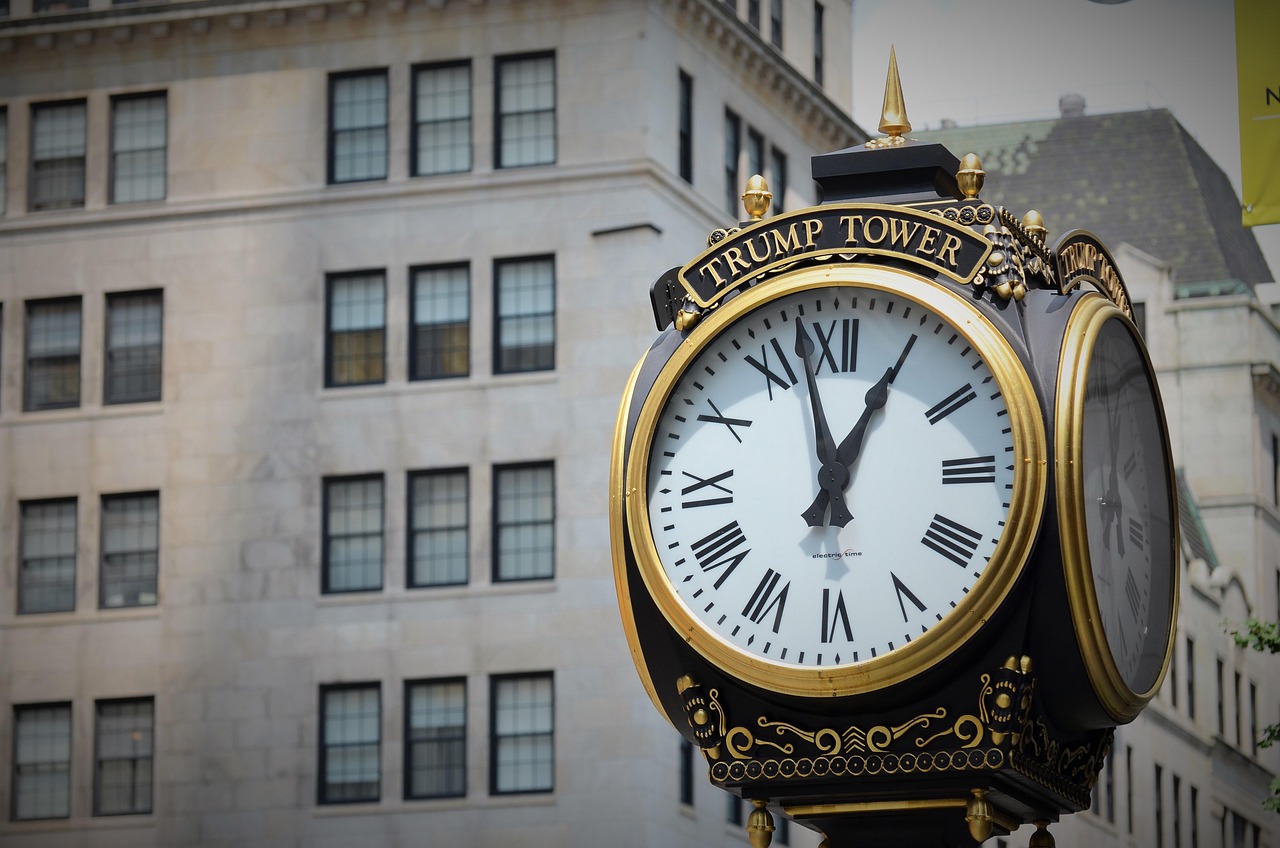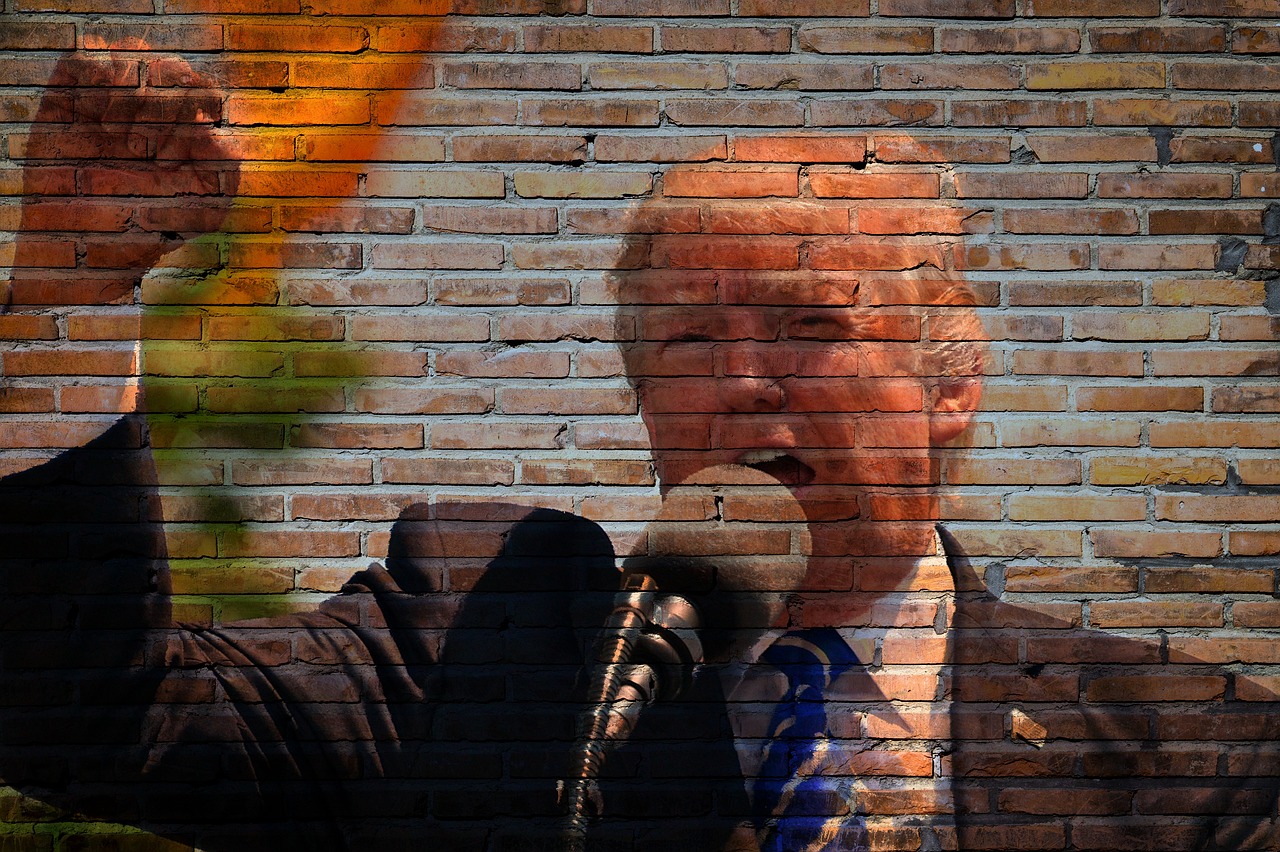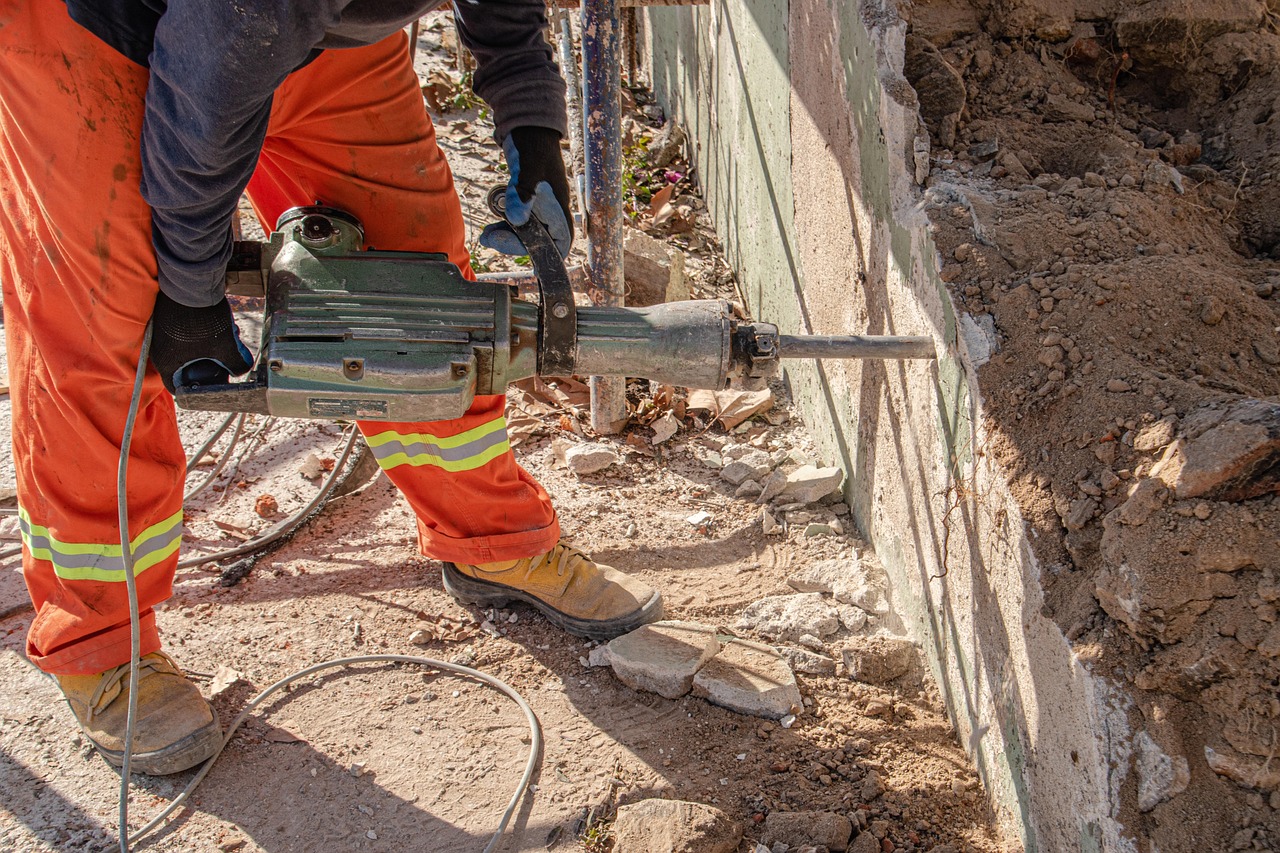France Opens Dialogue Without Accepting Responsibility
France has expressed willingness to engage in bilateral talks with Niger regarding the restitution of cultural artifacts taken during its colonial rule over a century ago. However, the French government stops short of formally acknowledging responsibility for the looting and destruction of villages that occurred as it expanded its West African empire. This stance was communicated in a letter from France’s permanent representative to the United Nations, underscoring openness to cooperation on provenance research and patrimonial matters but avoiding any admission of wrongdoing.
Historical Context of France’s Colonial Actions in Niger
Between the late 19th and early 20th centuries, French forces undertook military campaigns to incorporate Niger into their colonial holdings in West Africa. This process involved the burning of villages and the systematic looting of cultural artifacts, many of which were transported to France and remain in museums or private collections today. These actions are part of a broader pattern of colonial exploitation that European powers undertook across Africa, often justified at the time by imperial ambitions and racial ideologies. The legacy of these acts continues to fuel debates over cultural restitution and historical justice.
Significance of Restitution Discussions for Niger
For Niger, the prospect of restitution represents more than the return of physical objects; it is a matter of reclaiming cultural heritage and asserting historical dignity. Many African countries have called for the return of artifacts taken during colonial times, arguing that these items are essential for preserving and honoring their cultural identity. France’s openness to dialogue, as stated in official communications, signals a potential shift in how former colonial powers engage with the legacy of their imperial past. However, the lack of explicit responsibility acknowledgment complicates negotiations and raises questions about the sincerity and scope of proposed cooperation.
International Precedents on Colonial Restitution
France’s position comes amid a growing global movement addressing colonial-era reparations and cultural restitution. Countries like Germany have committed to returning artifacts taken during their colonial rule, with the Humboldt Forum in Berlin agreeing to repatriate items to Namibia and other former colonies. In 2022, France’s President Emmanuel Macron had previously announced plans to return 26 artifacts to Benin by 2023, illustrating incremental progress in this area. Nonetheless, the process remains slow and politically sensitive, with many institutions citing legal and logistical challenges. The French letter’s emphasis on provenance research reflects this complexity, as establishing clear ownership and historical context is critical for restitution efforts.
Civic Engagement and Advocacy in Restitution Issues
Understanding France’s current stance empowers citizens and activists to engage meaningfully in discussions about colonial restitution. Advocates can push for stronger accountability measures and transparency in negotiations, leveraging international law and public pressure to advance the cause. The absence of a formal admission of responsibility in France’s communication suggests the need for sustained advocacy to ensure that restitution is not limited to symbolic gestures but includes meaningful reparative actions. Civic engagement, informed by historical facts and diplomatic developments, remains crucial in holding governments and institutions accountable for colonial legacies.
The Role
The Role of International Organizations in Facilitating Dialogue. The United Nations and UNESCO play pivotal roles in mediating conversations about cultural heritage and restitution. France’s letter to the UN highlights the importance of multilateral frameworks in addressing these issues. International organizations can provide impartial platforms for provenance research, dispute resolution, and the establishment of ethical guidelines for museums and governments. Given that France’s permanent representative expressed openness to patrimonial cooperation, there is an opportunity for these institutions to facilitate constructive dialogue and help develop standardized approaches that respect the cultural rights of formerly colonized nations.
Implications for U S Foreign Policy Under President Trump
With President Donald Trump returning to office in November 2024, U S foreign policy may influence international approaches to colonial restitution. The Trump administration historically emphasized economic nationalism and lessened engagement in multilateral agreements, which could affect U S support for cultural restitution initiatives. However, bipartisan interest in historical justice and human rights persists in Congress and civil society, potentially counterbalancing administration priorities. Understanding France’s evolving position on Niger allows U S policymakers and advocates to better navigate diplomatic channels and promote global cooperation on addressing colonial legacies.
Moving Forward With Accountability and Dialogue
While France’s willingness to engage signals progress, the absence of responsibility acknowledgment remains a significant barrier to comprehensive reconciliation. Future discussions must move beyond dialogue to concrete commitments, including transparent provenance research, restitution frameworks, and reparative measures. Civic actors, governments, and international organizations should collaborate to ensure that cultural restitution is not merely symbolic but a step toward redressing historical injustices. Empowered with knowledge of these developments, citizens worldwide can advocate for accountability and justice in the ongoing reckoning with colonial history.


























